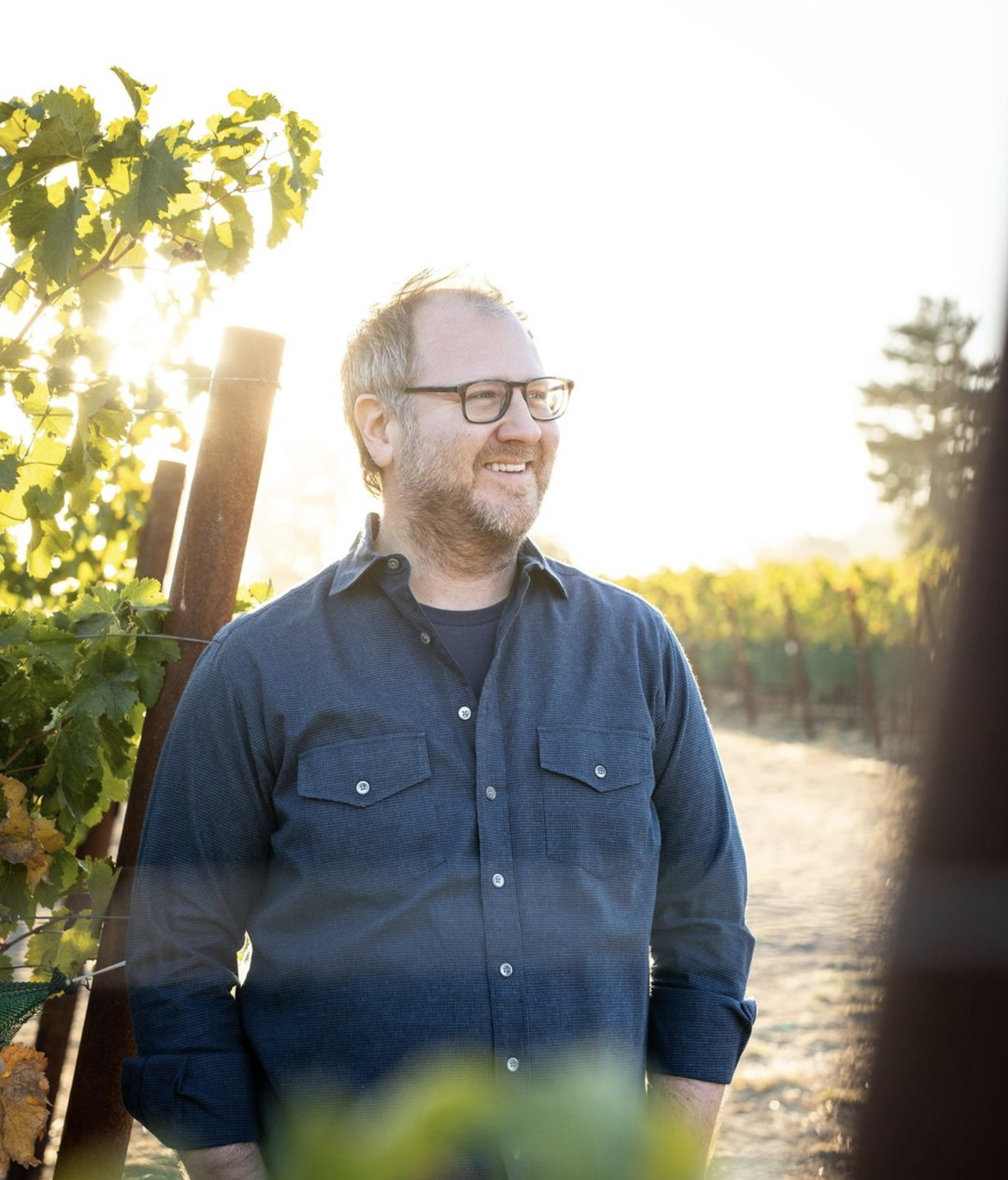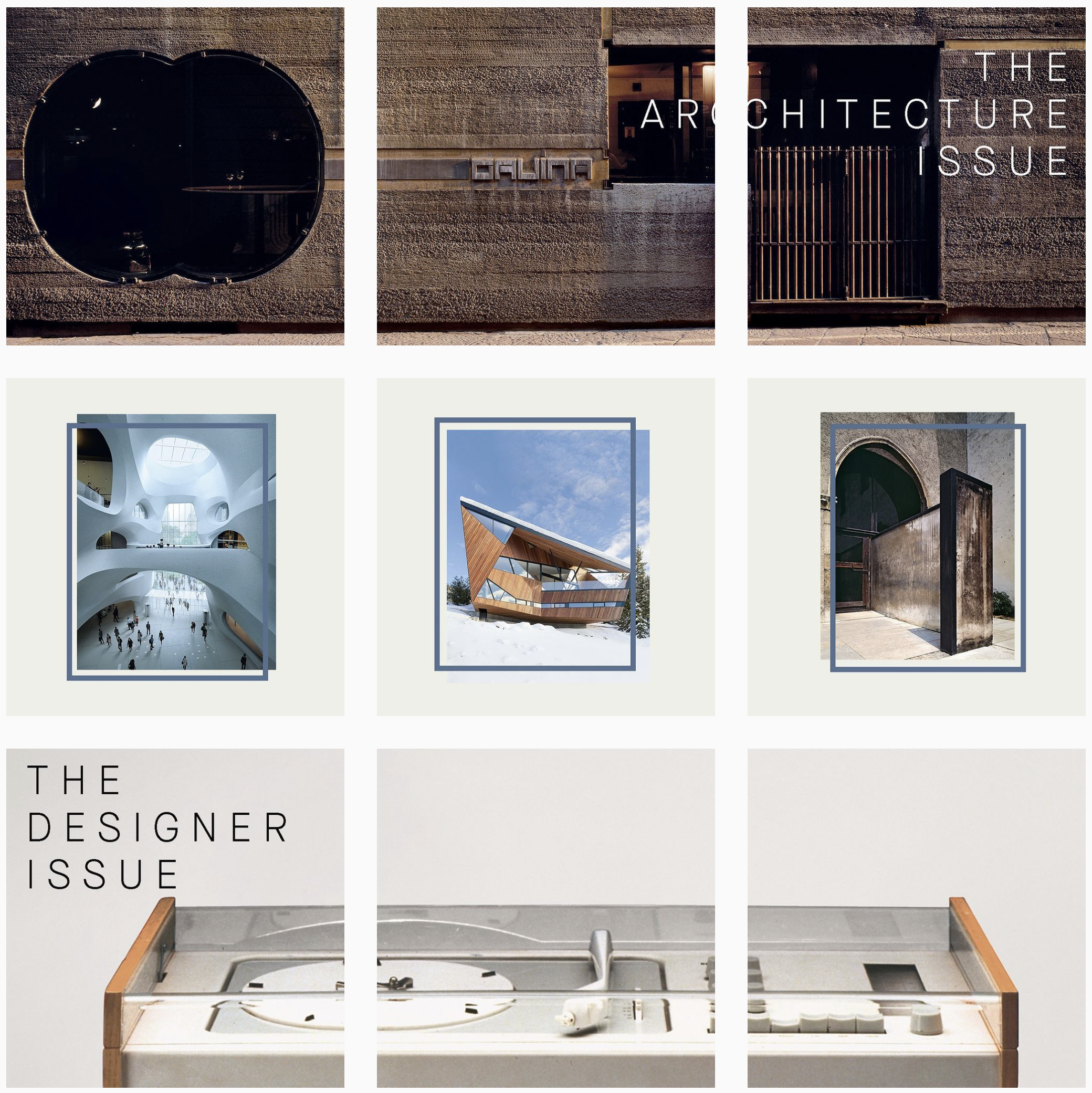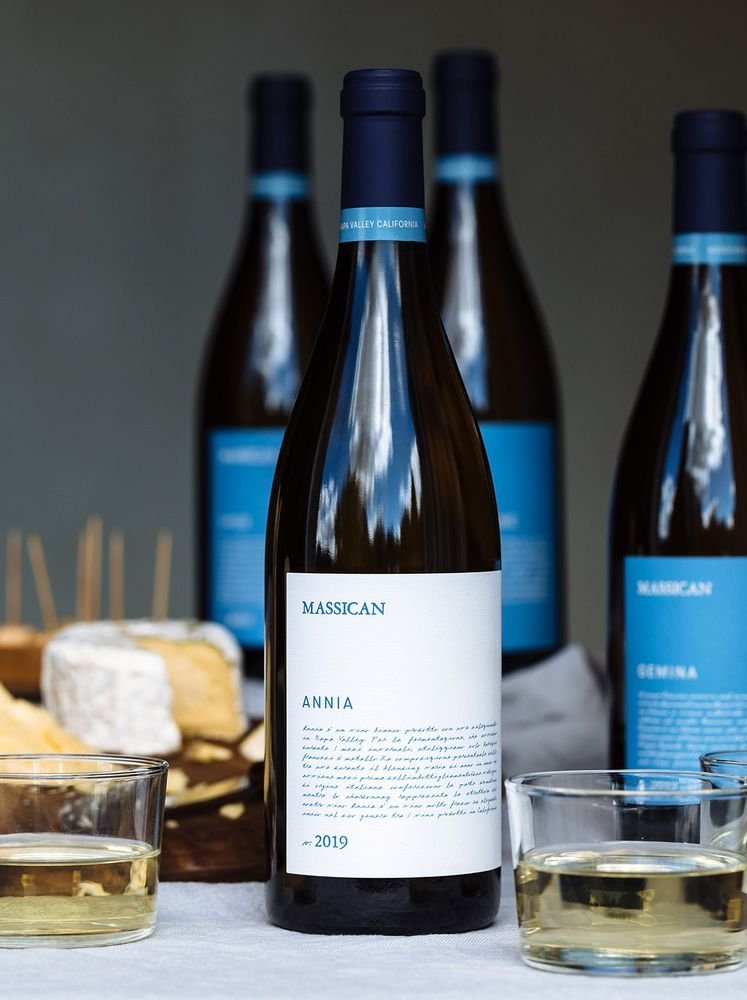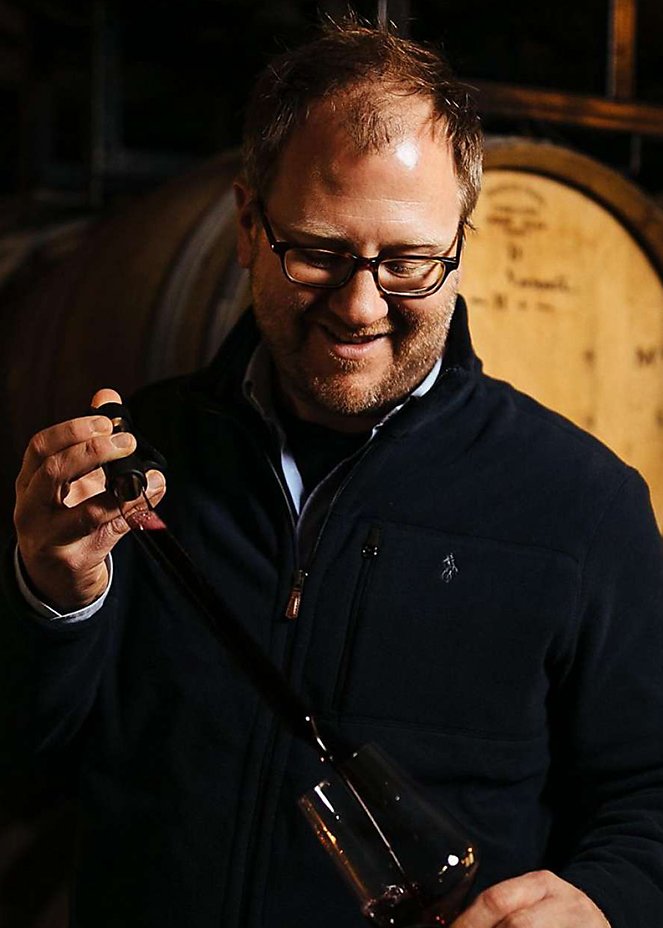▻ Massican with Dan Petroski
In conversation with Dan Petroski
Episode Summary:-
Our US editor Elin McCoy interviews Dan Petroski, formerly the informally trained winemaker at the Napa Valley’s once historically significant – and now revived – Larkmead Vineyards (founded in 1876 and once a leading light of California wine), and now winemaker-owner of Massican, the acclaimed and definitely offbeat boutique winery in Napa, founded in 2009 and specializing in wine made from several Italian grape varieties, such as Ribolla Gialla, Tocai Friuliano, and Greco.
Elin begins by noting that he was recently named as the San Francisco Chronicle’s “Winemaker of the Year,” for his wines and also for being at the forefront of efforts dealing with climate change, and how wine is perceived and sold now; she asks if wine was part of his heritage. His response is brisk and ironic: In his working-class Italian-American family in Brooklyn, New York, his mother bought a bottle of red wine every Saturday, drinking one glass a night over ice cubes, while his father indulged in inexpensive jug wines, such as Gallo Hearty Burgundy. His own aspirations came through magazines, he says, especially travel and lifestyle publications, and that was the world he entered after university, writing at Time and other magazines in New York, enjoying Manhattan life, eating and drinking better. Learning about wine changed his life, he feels: “It was inspiring.”
Elin asks about the difference between wine as part of a lifestyle and as part of everyday life. He admits beginning by buying futures of Bordeaux, and he cites Pagodes de Cos d’Estournel and Haut Brion, especially the 1995 vintage as “falling in love.” That got him into the wine business, starting at the bottom, as a cellar worker; his thought was, “If I ever make a wine that makes me feel this way, I will have succeeded.”
A trip to Sicily, visiting vineyards and meeting winemakers showed him how wine was integrated into culture and life. Offered a more prestigious newspaper job, he decided instead to take the wine plunge. He lived and worked in Italian wineries, and came back with several business plans for wine ventures, but a chance meeting with a maverick winemaker in Sonoma set him on a California trajectory, into a loose community of highly independent and enterprising winemakers willing to take risks, and he started over, learning as he worked.
Elin points out that, after Italy, Sonoma and then Napa must have been a bit of a shock, but he says that by his second year, he knew he was there for good: “It was like going to school,” he says, “everybody knows more than you!” However, he adds, they’re happy to share the knowledge – he was soon a cellarmaster, at Larkmead Winery in the Napa Valley.
She points out that Larkmead was once one of the area’s most acclaimed wineries, but that it had declined into simply a vineyard venture in modern times. What was the challenge, she asks. He and the winemaker at the time wanted to change the style (“Napa’s idea was to ‘make it big’,” he laughs, but they lightened it, and when he took over as winemaker, took it further, scaling back the use of oak and lowering alcohol levels, aiming to make the wines fresh but elegant and refined. “If I failed, I failed,” he says. (Note: he succeeded.)
Elin turns to Massican, the small winery he started in 2009. How and why, she asks, and he ruminates about lifestyle and climate, how no one in California grew many of the Italian white-wine grapes he liked, which may suit the Mediterranean climate, cuisine, and casual way of life better than Cabernet Sauvignon: “The temperature was 83 degrees Fahrenheit in Calistoga in December, not so good for big reds,” he says. “We need a new definition of ‘local’.” That included the idea of 12 percent white wine in Cabernet country that wasn’t Chardonnay, either. He believes consumers want to try different wines: “We all need challenges.”
He then reveals that he’s buying a vineyard in the cool Carneros region, which will double his production to about 15,000 cases by 2025, perhaps using different varieties of grapes, though retaining Massican’s style, food-friendly, wines of community and friendship, not necessarily the conversation, but a vehicle for it, comfortably, as in Europe.
Climate change comes up, and he replies that it wasn’t talked about much five years ago, but now it’s everywhere. He’s experimenting with varieties from warmer places: “Cabernet may not be the greatest thing to grow here in 30 or 40 years.” The ideal models may not be Bordeaux or Burgundy, he affirms, though he has a caveat: “The future, from a farmer’s point of view, is the next 10 days’ weather forecast.”
Summing up, Elin asks for thoughts and predictions. He says he worries about turnover and transfers of family businesses and legacy brands, that the next generation may be somewhat at risk from the changes. For him, the important idea is that wine doesn’t sit off somewhere by itself, that it’s part of a bigger context, part of life and our culture, part of the food movement, of chefs and books and cooking shows and magazines, and conversations that pulled wine along in its wake, so that wine has even more of a rightful place on the table today.
““What you have to remember about the agricultural business is their future is a 10-day weather forecast… so it’s not the 100-year forecast of what the valley is going to look like”.”
Running Order:-
-
0.00 – 12.00
“If I ever make a wine that makes me feel this way, I will have succeeded.”
– Working-class family, no wine background.
– Magazines and reading: a window onto the world for him.
– Discovering Bordeaux: “falling in love”. -
12.01 – 24.00
“The way I think is to write business plans.”
– Visit to Italy, indoctrinated into its wine culture.
– Return to Italy, working in wineries and vineyards.
– Commitment: how to blend business experience and wine. -
24.01 – 32.00
“It was like going back to school—everybody knows more than you!”
– Internship in California, meeting maverick winemakers.
– Working at historic Larkmead Winery, committed to California. -
32.01 – 43.40
“We need a new definition of ‘local.”
– Starting his winery, Massican, making Italian-style white wines.
– Mediterranean climate, “not so good for big reds”. -
43.41 – 56.00
“Cabernet may not be the greatest thing to grow here in 30 or 40 years.”
– Climate change: Talk of it is everywhere now.
– His style: food-friendly, comfortable, part of daily life.
RELATED POSTS
Keep up with our adventures in wine










Find out why the Connoisseur Week is Sarah Kemp and Jane Anson’s favourite week of the year.